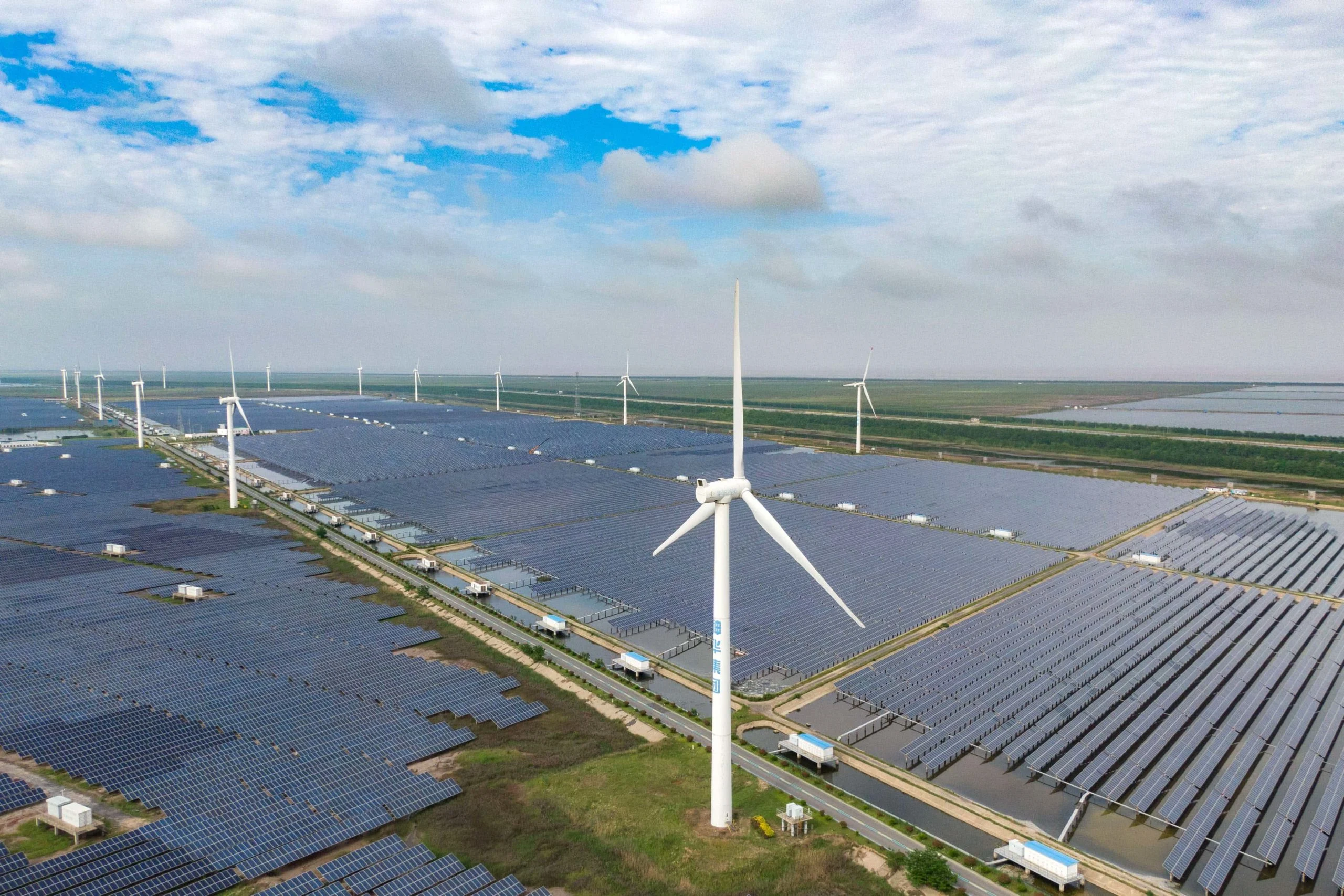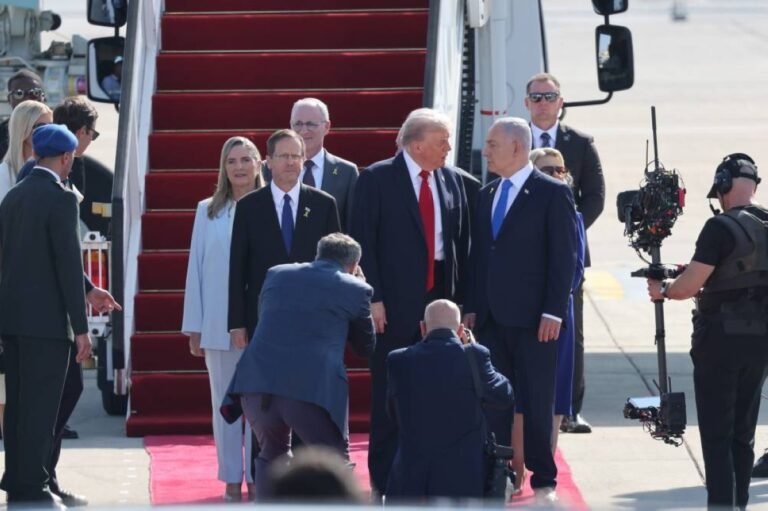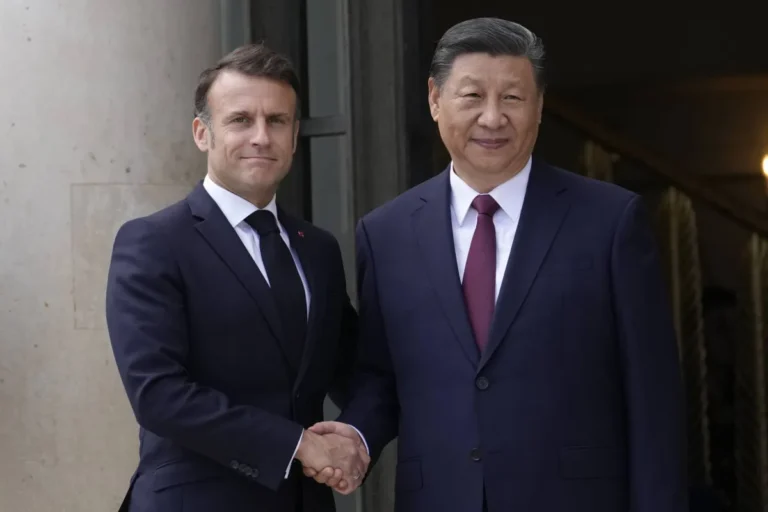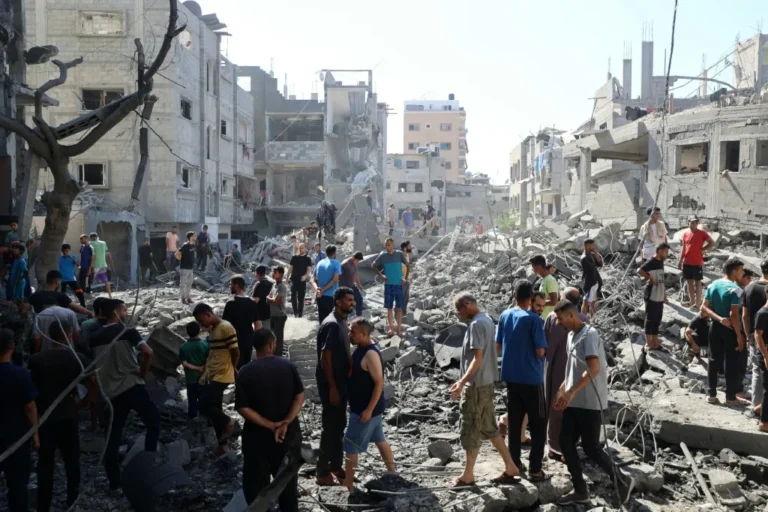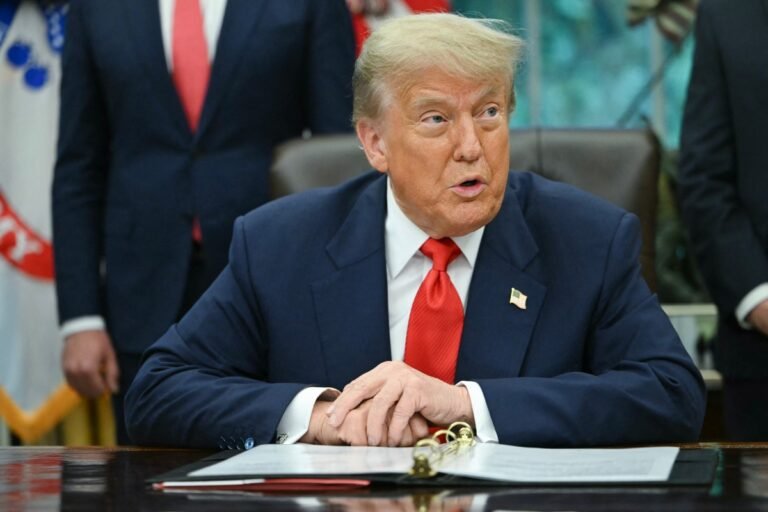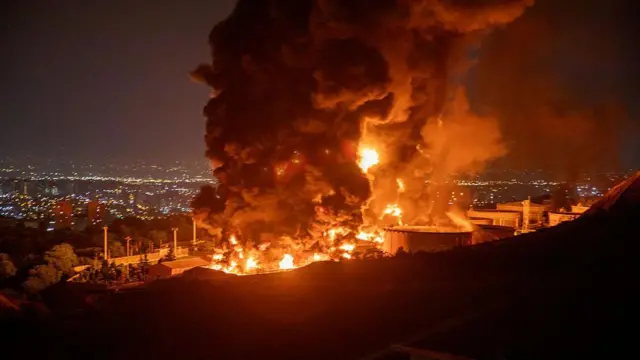
– Shuun Asiawiya -Exclusive
Amid escalating military tensions between Iran and Israel, mediation efforts have begun to end the war between the two sides. These efforts include Qatari and Omani efforts, Turkish and Russian communications, and American statements about the possibility of mediating between them.
Informed American sources revealed to the American website Axios that the United States is holding discussions with Iran regarding the possibility of holding an unprecedented meeting between US Special Envoy Steve Witkoff and Iranian Foreign Minister Abbas Araqchi. The goal of this expected meeting is to discuss ways to revive the nuclear agreement and de-escalate the military escalation between the two sides. Although the meeting between Witkoff and Araghchi has not yet been decided, it is viewed as a last-ditch effort by Trump to avert a full-scale war in the region and restore diplomatic momentum. The US official explained that the meeting aims to launch a new diplomatic initiative for a comprehensive nuclear settlement and an end to the military confrontation.
A US official confirmed to Axios that President Donald Trump is using threats of US bunker-buster bombs as a means of pressuring Iran, explaining that the Fordow nuclear facility is the primary target, and that the United States is prepared to use all means to prevent the continued development of the Iranian nuclear program.
Iran’s position rejects negotiations amidst the aggression
Iranian Foreign Minister Abbas Araghchi stated that “talk about negotiations amidst the ongoing Israeli aggression is unjustified,” stressing that Iran is focused on deterring aggression targeting national security.
Informed Iranian sources confirmed that Tehran will not enter into any negotiations with Washington before completing its retaliatory response.
On the Israeli side, Prime Minister Benjamin Netanyahu clearly declared that “the time is now for war, not negotiations,” threatening to escalate military operations against Iran. Meanwhile, European sources confirmed that France and Britain are supporting Israel militarily, further complicating the conflict in the region.
The Role of Mediation
Some countries, such as the Sultanate of Oman and Qatar, are attempting to play a mediating role to de-escalate the situation.
Qatari Foreign Ministry spokesman Majid bin Mohammed Al-Ansari warned of the serious repercussions of the reckless Israeli targeting of energy facilities in Iran, stressing the importance of supporting the ongoing negotiations between Washington and Tehran.
During a press conference held today in Doha, Al-Ansari emphasized that de-escalation between Iran and Israel and sitting down at the negotiating table regarding the nuclear program is the solution.
He also announced that countries in the region support reaching an agreement, expressing Qatar’s keenness to cooperate with all regional and international parties to renegotiate and de-escalate. Al-Ansari condemned the Israeli attack on the Pars gas field in the Iranian part, describing the targeting as an ill-considered move with serious repercussions, and considered it a reflection of irresponsible behavior.
The Sultanate of Oman is also continuing its diplomatic efforts to contain the dangerous escalation in the region and prevent the expansion of tensions resulting from repeated Israeli attacks.
The Kremlin announced today that it believes Israel does not want mediation efforts in its conflict with Iran at the present time, amid what it described as a “rapid escalation.”
In a press conference, Kremlin spokesman Dmitry Peskov called on both sides to exercise restraint, saying that the level of uncertainty surrounding the developments is limitless. Peskov emphasized that Russia’s offer to mediate, if necessary, remains valid.
However, so far, no tangible results have been achieved in these mediation efforts due to the intransigence of Israel’s positions and Iran’s insistence on the right to respond and defend its sovereignty.
Iran’s Conditions
Iranian sources confirmed that the possibility of holding direct negotiations with Washington is linked to a cessation of aggression and respect for national sovereignty. Tehran emphasizes this in its official positions, believing that any agreement must be built on a foundation of mutual respect without preconditions.
The region faces a critical crossroads between two options: a comprehensive military escalation that could lead to a large-scale war, or engaging in genuine diplomacy that respects the interests of all parties, an option that Iran strongly supports in light of the current crisis.



